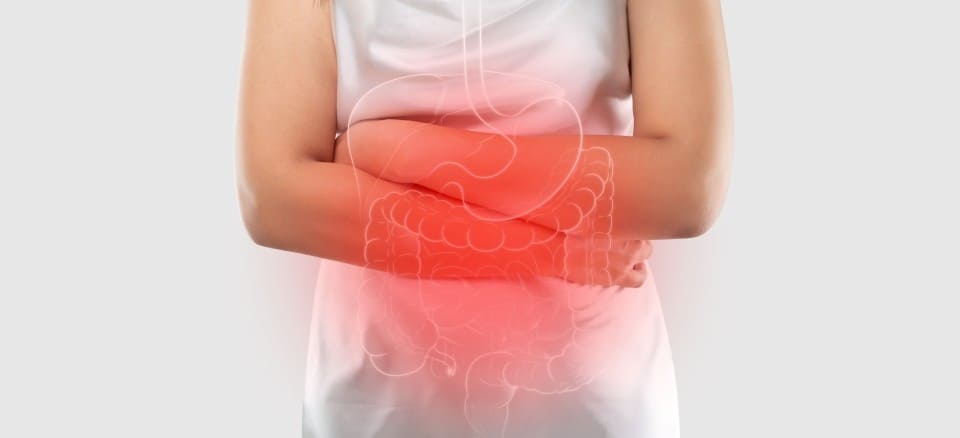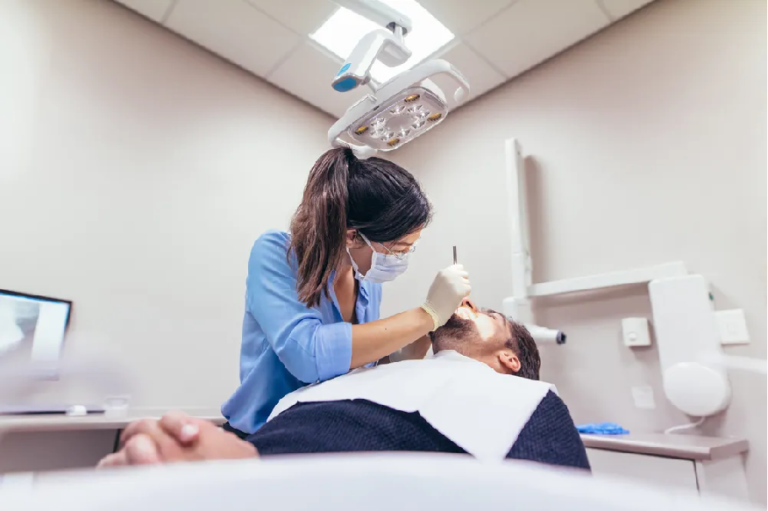
The field of gastroenterology focuses on the diagnosis and treatment of disorders affecting the digestive system. The gastrointestinal tract, which includes the esophagus, stomach, liver, gallbladder, pancreas, small intestine, and large intestine, plays a crucial role in the body’s digestion and absorption of nutrients. The gastroenterology department is dedicated to providing specialized care for patients with gastrointestinal conditions.
In this blog post, we will explore the vital functions of the gastroenterology department and how it contributes to the overall well-being of patients.
Diagnosis and Management of Digestive Disorders:
The gastroenterology department specializes in diagnosing and managing a wide range of digestive disorders. Gastroenterologists possess in-depth knowledge of the gastrointestinal system and utilize various diagnostic tools and procedures to assess the condition of the digestive tract. These may include endoscopy, colonoscopy, imaging studies, and laboratory tests. By accurately diagnosing conditions such as gastroesophageal reflux disease (GERD), peptic ulcers, inflammatory bowel disease (IBD), and gastrointestinal cancers, the department provides patients with essential information for appropriate treatment and disease management.
Endoscopic Procedures:
Endoscopy is a key component of gastroenterology, and the gastroenterology department is equipped with state-of-the-art facilities for performing various endoscopic procedures. These procedures allow gastroenterologists to visualize and evaluate the digestive tract, obtain tissue samples for biopsy, and perform therapeutic interventions. Common endoscopic procedures include upper endoscopy (esophagogastroduodenoscopy), colonoscopy, endoscopic retrograde cholangiopancreatography (ERCP), and endoscopic ultrasound (EUS). These procedures aid in the diagnosis and treatment of conditions such as gastrointestinal bleeding, polyps, strictures, and tumors.
Liver Disease Management:
The liver plays a crucial role in metabolism, detoxification, and nutrient storage. The gastroenterology department often works closely with hepatologists, who specialize in the diagnosis and management of liver diseases. They provide comprehensive care for patients with conditions such as viral hepatitis, alcoholic liver disease, non-alcoholic fatty liver disease (NAFLD), and cirrhosis. Gastroenterologists and hepatologists collaborate to conduct liver function tests, imaging studies, and liver biopsies. They also offer treatment options, including medication management, lifestyle modifications, and, in severe cases, liver transplantation.
Screening and Prevention of Gastrointestinal Cancers:
Gastrointestinal cancers, including colorectal, esophageal, stomach, liver, and pancreatic cancers, are a significant health concern. The gastroenterology department plays a vital role in the early detection and prevention of these cancers. Regular screenings, such as colonoscopies, enable the identification of precancerous lesions or early-stage cancers when they are most treatable. Gastroenterologists may perform endoscopic interventions to remove polyps or suspicious tissue. They also provide guidance on lifestyle modifications, surveillance programs, and genetic counseling to individuals at higher risk for gastrointestinal cancers.
Nutrition and Digestive Health:
The gastroenterology department recognizes the importance of nutrition and digestive health in overall well-being. Gastroenterologists often work closely with registered dietitians to address dietary concerns and provide nutritional guidance for patients with gastrointestinal conditions. They develop individualized diet plans, taking into account patients’ specific needs and digestive capabilities. Additionally, they offer management strategies for conditions such as irritable bowel syndrome (IBS) and celiac disease, emphasizing the importance of a healthy gut microbiome and promoting overall digestive wellness.
Conclusion:
The gastroenterology department plays a vital role in diagnosing, managing, and preventing a wide range of digestive disorders. Through specialized diagnostic procedures, endoscopic interventions, liver disease management, cancer screenings, and nutrition support, gastroenterologists and the healthcare professionals in this department improve patients’ gastrointestinal health and overall well-being. With their expertise, dedication, and commitment to advancing digestive care, the gastroenterology department significantly contributes to the quality of life for individuals with digestive system conditions.







